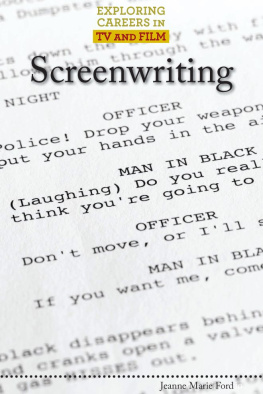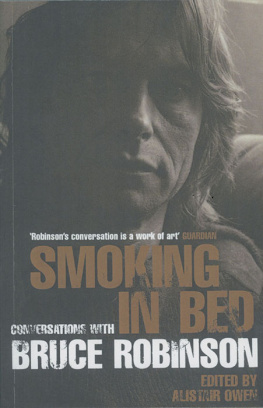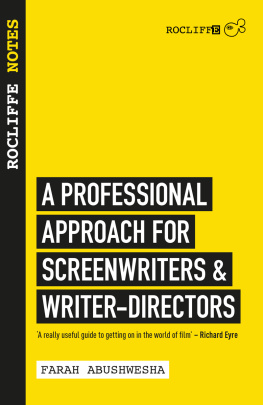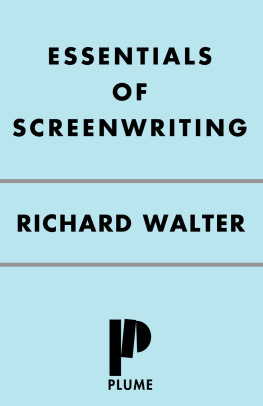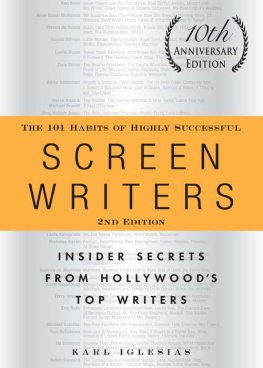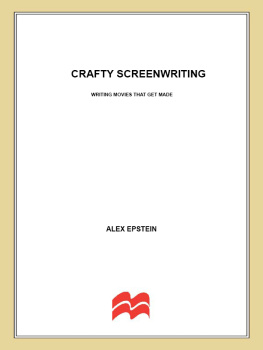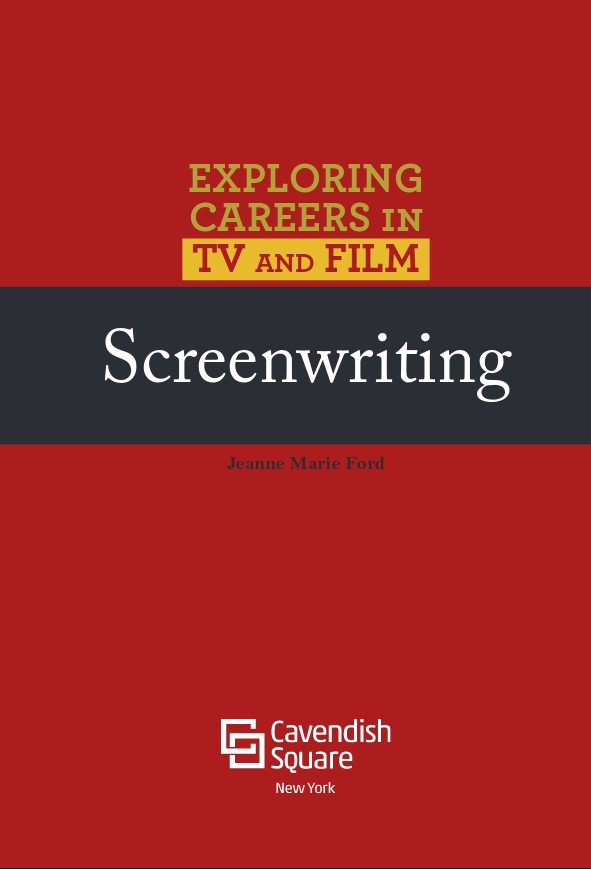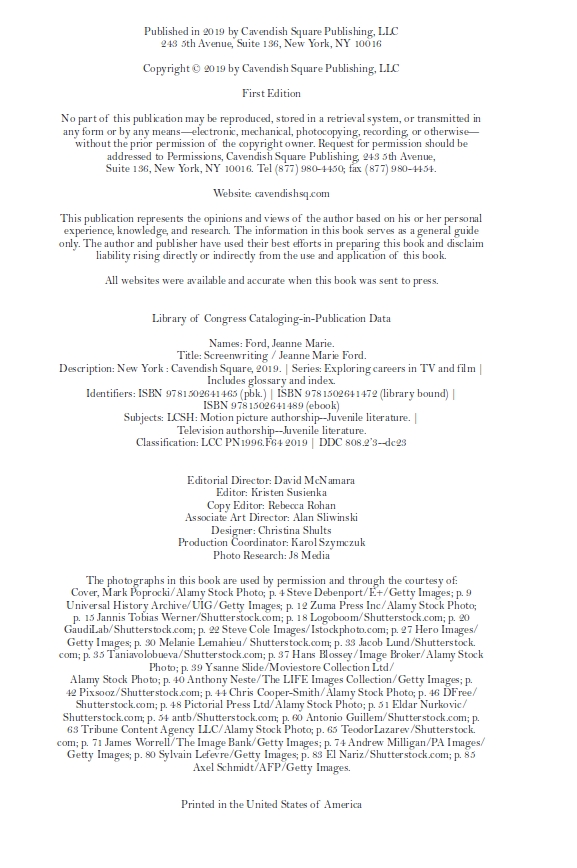Y ou sit on the edge of your seat, mindlessly devouring a tub of buttery popcorn. Youre captivated by a heart-pounding action sequence unfolding on the big screen as a movie soundtrack swells in the background. Thousands of people across the country are sharing the same experience, all because once upon a time, a screenwriter typed two words on a blank page: Fade In.
What Do Screenwriters Do?
To make a great film, you need three things, said legendary director and screenwriter Alfred Hitchcock. The script, the script, and the script. Moving performances and skillful directing, exquisite costumes and gorgeous cinematography, cannot elevate a mediocre script into a classic film.
Most people can name their favorite actors. They know the names of directors they admire: Steven Spielberg, Spike Lee, J.J. Abrams. Screenwriters, on the other hand, toil in relative obscurity. While nearly every moviegoer can quote memorable film dialogue, many would be hard-pressed to name a single screenwriter.
Screenwriter is the job title traditionally used for those who write for film, or the big screen. Film writers work in a variety of genresdrama, action, comedy, romance, documentary, and science fiction, to name a few. They might write commercial movies, which are shot on large budgets for release in movie theaters nationwide. They might write art films, which can be shorter and are more likely screened at film festivals and competitions.
Television and video writers are called scriptwriters. They write for dramas and situation comedies (sitcoms), live-action childrens programming, and animation. Talk shows, award shows, news programs, and sporting events employ scriptwriters. Game shows need writers to script questions and the hosts patter. Even reality television uses writers. Outside of the major networks and cable channels, many scriptwriters work for local talk shows and newscasts.
The need for scripted material is not limited to film and television. New media such as web series have created many new jobs for scriptwriters. Video games have grown increasingly complex and often employ scripted scenarios and dialogue. Marketing and advertising firms use writers to craft scripts for presentations and commercials. Educational and industrial training videos used in schools and businesses have long provided a steady source of employment for scriptwriters.
Writing Skill Sets
Certain writing skills, such as narration and description, are rarely used in the process of scriptwriting. Others, such as strong dialogue and story sense, carry extra importance in a medium where the only readers are the actors and people producing the show or film.
Dialogue
No matter their genre or audience, one skill that all scriptwriters must develop is a good ear for dialogue. While strong dialogue should sound like real speech, there are key differences. Daily conversation is often littered with pauses and off-topic digressions. In scripts, dialogue must be crisp, clean, and purposeful. Books and short stories afford authors the luxury of extended description, but the scriptwriter can use only action and speech to convey information. Exposition and characters inner thoughts must be revealed in a natural-sounding way through dialogue.
Aspiring screenwriters must learn to become skilled listeners. Producer Barri Evins writes in Script magazine, a leading source for film and TV news and advice, Writers known for their dialogue actively listen. They pay attention to voices, they eavesdrop, they recall patterns, phrases, distinctions, inflections. She continues, But great dialogue is not transcribing. It is learning about how people talk in the real world and then distilling it into something better that reflects real life rather than imitates it.
Another way to hone dialogue-writing skills is by reading widely from a variety of genres and authors. Read books, plays, and short stories. Pay attention to how each form uses conversation to propel the story forward.
Stage plays are the forerunners of movies and follow a similar written format. However, they are constrained by set changes and the limits of stage magic. They typically have far fewer scenes than screenplays and are driven primarily by dialogue. Derived from silent films, cinema has evolved into a visual medium with more focus on action. Television, on the other hand, had its roots in radio and tends, like plays, to be dialogue-centric. A lower budget and a faster-paced shooting schedule also limit the expansiveness of the visual effects usually seen on TV.
Story Structure
In 350 BCE, the philosopher Aristotle identified the three-act structure of the ancient Greek stage tragedy. Its main components are: the introduction; the middle, which includes the crisis or central conflict; and the resolution.
Nineteenth-century German novelist Gustav Freytag elaborated on Aristotles basic story structure. He added the rising action, or complication, which typically occurs at the end of the first act; and the climax, or turning point, which ushers in the falling action and denouement, or resolution. His model is known as Freytags Pyramid.
Plays, novels, and short stories tend to follow the same plot paradigm outlined by Aristotle and Freytag. Screenwriting guru Syd Field analyzed dozens of classic film plots. His 1979 book Screenplay: The Foundations of Screenwriting lays out his version of Aristotles three-act structure as it applies to movies. Field notes that in a typical screenplay, one page equals approximately one minute of screen time. He identifies approximately how many pages are typically devoted to each act, from the inciting incident through the plot points at the end of each act. He also demonstrates how these precepts are carried out in several well-known films.
Like Field, aspiring screenwriters must be analytical readers of novels, short stories, and plays. They should also seek out and read screenplays. Some are available as published books; many can be downloaded from the internet, often for free. It is important to look for full screenplays rather than dialogue transcripts in order to study the formatting, stage directions, and medium-specific terminology.
Aspiring screenwriters must also dedicate significant time to watching movies and TV shows. Thats right, watching TV is a crucial part of preparation for the job. Scott Myers writes on his Go Into the Story blog, To be a successful screenwriter, you have to immerse yourself in the world of cinema. Even if your interests are narrowyou write Action genre or Thrillers or Family or Whateverit is important for you to have a comprehensive, wide exposure to a lot of movies. He suggests beginning with the Writers Guild of Americas lists of the 101 greatest screenplays and best-written TV shows.

